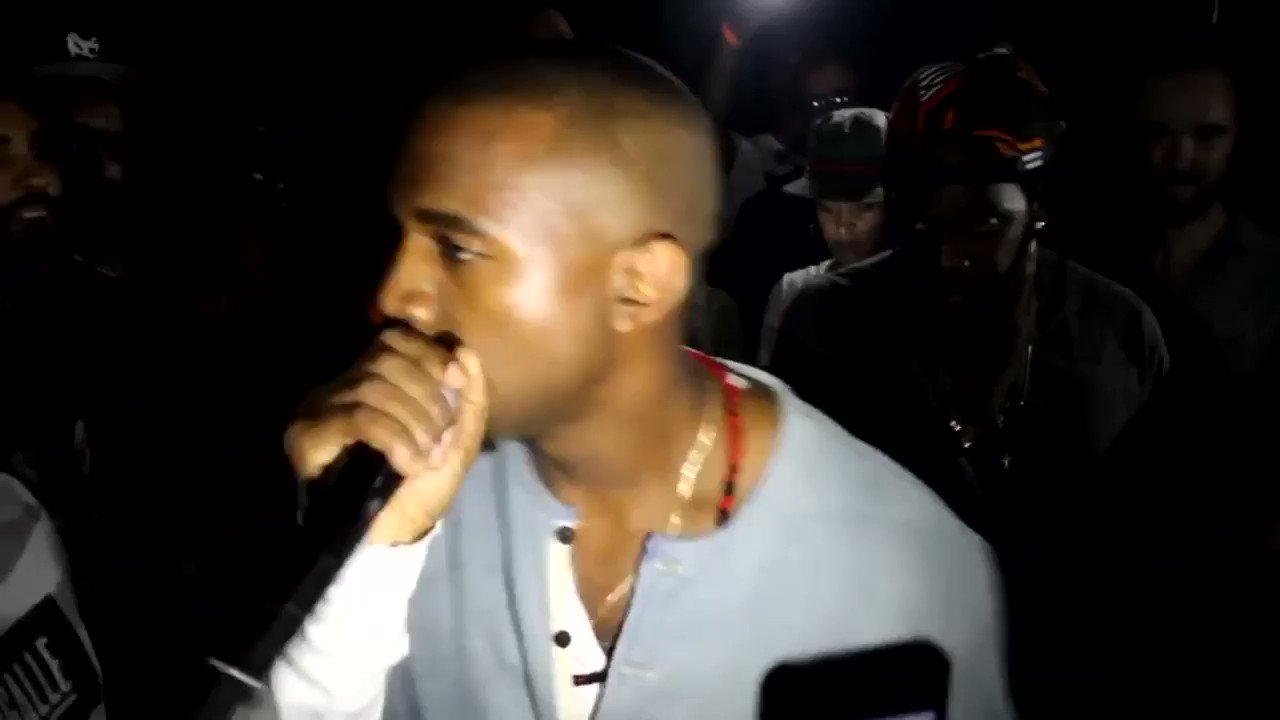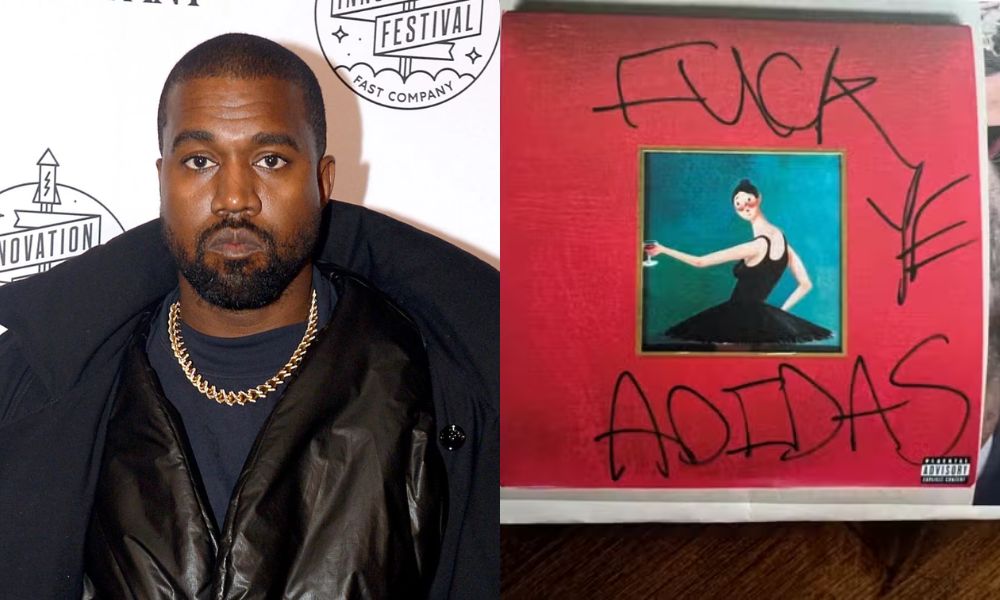Has the line between reality and fabrication become irrevocably blurred in the digital age? The rise of sophisticated AI technology has made it increasingly difficult to discern truth from falsehood, particularly in the fast-paced world of social media. A recent incident involving rapper Kanye West and a slew of A-list celebrities perfectly illustrates this unsettling new reality.
On February 11, 2025, an Instagram account under the handle oribejerano_ai posted a video seemingly depicting numerous celebrities, including David Schwimmer, Steven Spielberg, Jerry Seinfeld, Adam Sandler, and Sacha Baron Cohen, giving Kanye West the middle finger. Scarlett Johansson appeared in the video as well, seemingly joining the chorus of disapproval. The video quickly went viral, sparking outrage and condemnation of Wests recent behavior, described in the posts Hebrew caption (translated) as having crossed every possible red line. The post explicitly stated the video was AI-generated, but that crucial detail was lost on many as the clip spread across various platforms.
| Category | Information |
|---|---|
| Full Name | Kanye Omari West (legally known as Ye) |
| Date of Birth | June 8, 1977 |
| Occupation | Rapper, singer, songwriter, record producer, fashion designer, entrepreneur |
| Notable Works | The College Dropout, Late Registration, Graduation, 808s & Heartbreak, My Beautiful Dark Twisted Fantasy, Yeezus, The Life of Pablo, Ye, Jesus Is King, Donda |
| Controversies | Numerous controversies related to public outbursts, political statements, and antisemitic remarks. |
| Reference | Wikipedia - Kanye West |
However, the seemingly unified front against West was a mirage. Johansson swiftly issued a statement denouncing the video, confirming its fabricated nature. The video, while convincingly realistic, was a product of AI manipulation, a sophisticated deepfake designed to mimic reality. While the account that initially posted the video did disclose its AI origins, the rapid dissemination across social media, coupled with the emotionally charged context surrounding West's recent controversies, contributed to many accepting the video as authentic. This incident underscores the escalating challenge of navigating the digital landscape where AI-generated content can easily masquerade as genuine footage.
The fabricated video emerged in the wake of what's been dubbed Kanye Wests February 2025 Crashout. During this period, spanning from February 6th to 9th, West engaged in a series of provocative Twitter/X posts, including inflammatory statements such as "Free Puff," "Fuck Virgil," "I love Hitler now what bitches," and "I'm a Nazi." These pronouncements ignited a firestorm of criticism and resulted in his account being suspended. The AI-generated video, appearing just days later, capitalized on this already volatile situation, adding another layer of complexity to an already fraught narrative.
The incident underscores the potent combination of AI technology and celebrity culture. The videos creators expertly leveraged public fascination with celebrity opinions, particularly concerning controversial figures like West. By fabricating a scenario where prominent figures seemingly condemned West, they tapped into a pre-existing societal desire for accountability and public denouncement. This case demonstrates how easily manufactured content can be weaponized to manipulate public opinion, blurring the lines between authentic dissent and fabricated outrage.
This incident raises critical questions about the future of information consumption. As AI technology continues to advance, creating increasingly realistic and difficult-to-detect deepfakes, the potential for misinformation and manipulation grows exponentially. The responsibility for discerning truth from falsehood is increasingly placed upon the individual, requiring heightened critical thinking skills and a healthy dose of skepticism. The Kanye West deepfake serves as a stark warning: in the age of AI, seeing is no longer believing.
Furthermore, the incident highlights the ethical implications of using AI in this manner. While the creators of the video may have intended it as commentary or satire, the potential for misinterpretation and the subsequent impact on both the individuals depicted and the broader public discourse are significant. The ease with which such content can be created and disseminated necessitates a broader conversation about the responsible development and deployment of AI technology.
The legal ramifications of deepfakes are also coming into sharper focus. While the creators of the Kanye West video identified it as AI-generated, mitigating some legal concerns, the potential for defamation and other legal challenges remains. As deepfake technology becomes more sophisticated, the legal framework surrounding its use will undoubtedly need to evolve to protect individuals and society from malicious applications.
The ripple effects of the Kanye West deepfake extend beyond the immediate incident. It serves as a microcosm of the larger challenges posed by the proliferation of AI-generated content. Educating the public about the existence and potential dangers of deepfakes, fostering media literacy, and developing robust detection technologies are crucial steps in mitigating the risks associated with this rapidly evolving technology. The incident serves as a wake-up call, urging us to confront the complex ethical, legal, and societal implications of the AI revolution before we find ourselves completely lost in a sea of manufactured realities.


